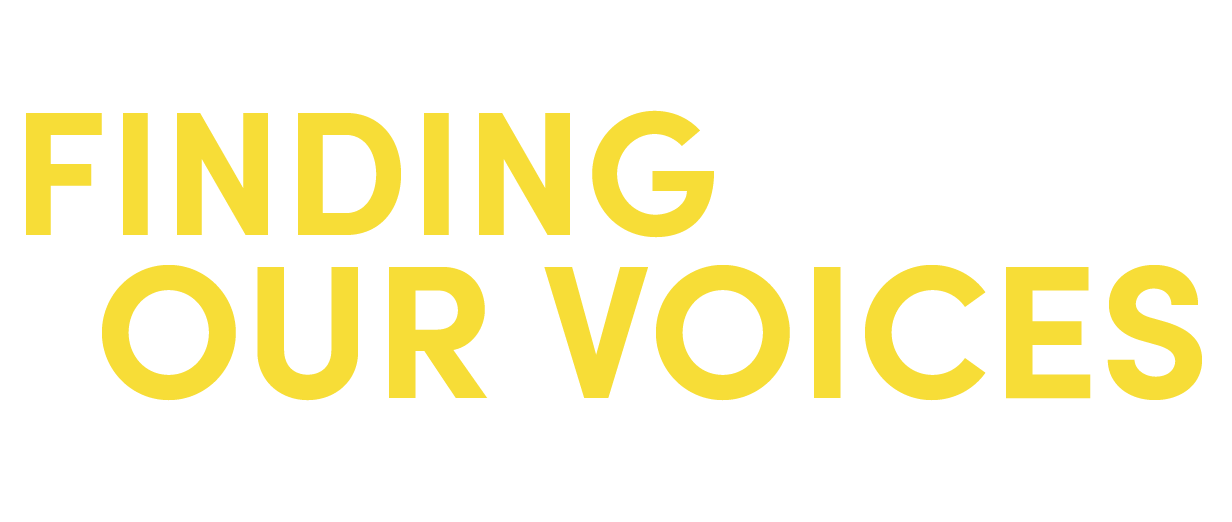ALL AROUND US
She gave me a beautiful, opened-face smile as I walked onto the plane in Portland that was heading to New York, and as I was settling into my seat she slipped into the one next to me, and gave me that smile again. Her skin was a glowing brown/black, set off by a vibrant yellow shirt.
It was the first leg of my trip to Europe.
“Do you live in New York City?” I asked. No, she was visiting a friend in Bangor and on her way home to Canada. She said she is a nurse. “And what do you do?”
I told her I was a photojournalist. Then I reached into my bag and handed her that day’s Portland Press Herald, opened to a large photo of me and feature on my Finding Our Voices: Breaking the Silence of Domestic Abuse project. She read a bit. Smoothed it out on her tray. Looked straight ahead. A few minutes passed. Then she said, “That happened to me.”
She said her family was killed in the 1994 mass slaughter in Rwanda. She grew up with her boyfriend. “I thought he would be good to me because he knew what I had gone through.” After their baby was born he started hitting her. In Rwanda, “That is the culture. The government does not do anything about it. There is no one to go to.” He moved to Canada, sent for her, told her he would change. The first time he hit her there, she called the police.
He didn’t hit her again because now he knew there would be legal consequences. But, “I always walked on eggshells.” He didn't let her work outside of the house. She wanted to become a nurse to have a profession and make her own money, but he told her she would never be able to understand the lessons or pass the tests. After they had a second child, she left him again, and when he cried and begged and promised to change she told him she would come back to him only after she got her nursing degree. “It was very hard,” because she had to work and study and look after her children all at the same time.
When she graduated, she did go back to him. Then the abuse started up again. “I said, ‘Enough is enough!’" and she left for good.
“They don’t change: They hide [their abusive behavior].”
On my New York to Rome flight, I read Drunkard: A Hard-Drinking Life by the Chicago Sun-Times reporter Neil Steinberg. In a drunken rage, Neil calls his wife the “C” word, and with an open-handed slap knocks a phone she has picked up to call 911 hard against her face. The police officer driving him to the courthouse “...says he understands troubles with the wife.” On probation for the domestic violence, Neil runs into an executive with the company that owns his newspaper, who tells him: “Everybody has something like this happen. It could have been me, with one of my wives or girlfriends.”
The author passes right over the fact that two men, police officer and boss, are condoning and minimizing his criminal violence toward his wife.
In the 29 years that I was married, I don’t recall someone ever telling me that they were in an abusive relationship. And I don’t recall ever picking up on allusions to domestic abuse (as opposed to when domestic abuse is a central theme) in books, movies, poems, or plays. (Both Hamlet and Petruchio in the two Shakespeare Company productions in Camden this summer were violently abusive to Ophelia and Katherine respectively, but still considered sympathetic characters).
Why is it that now I see and hear it all the time?
Domestic abuse has always been going on all around me, but now my eyes and ears are opened to it. Open yours, and you will see and hear it everywhere too.


